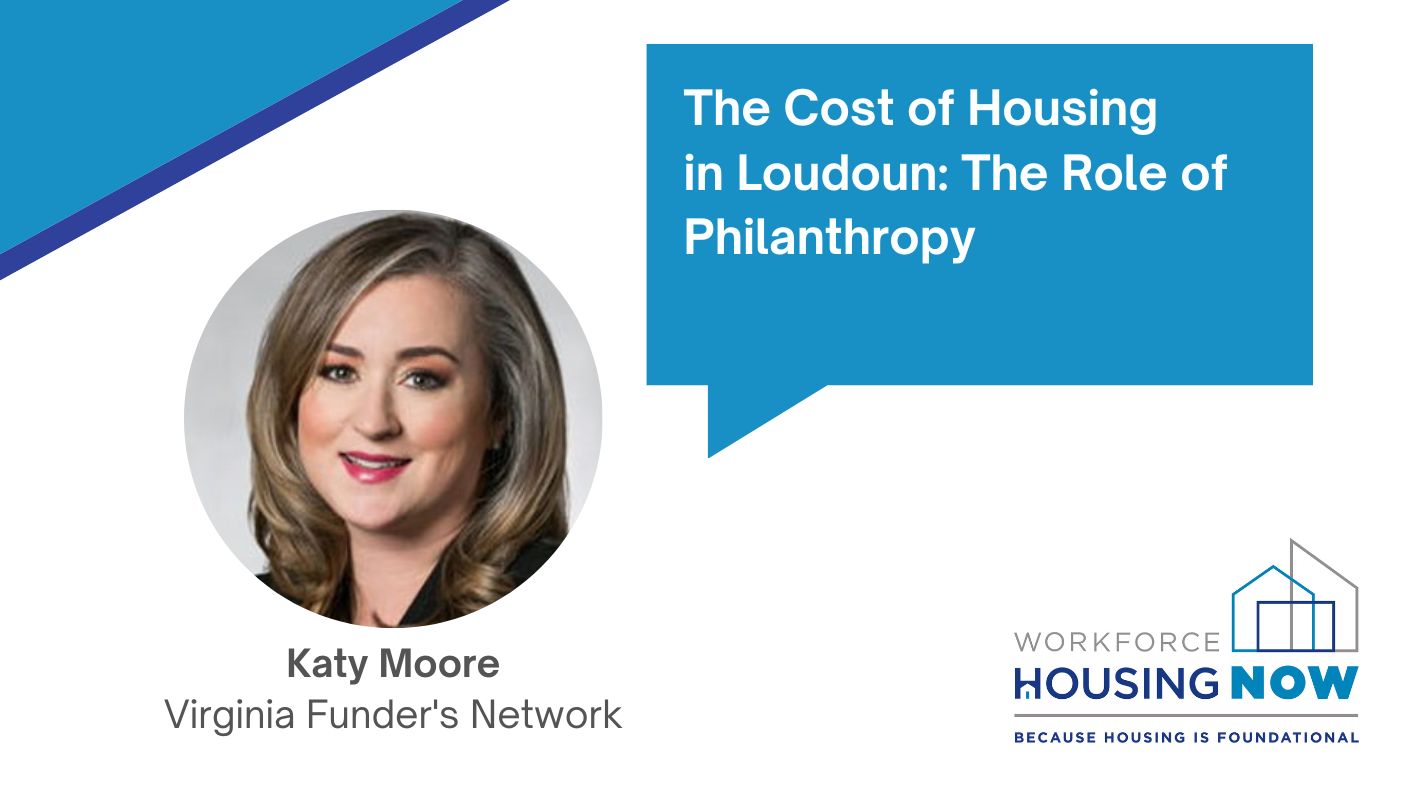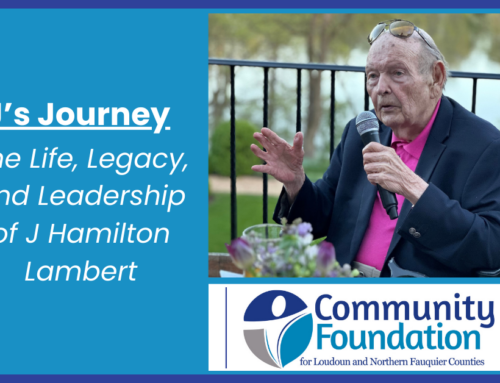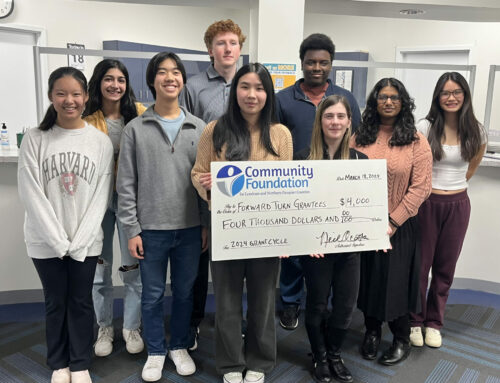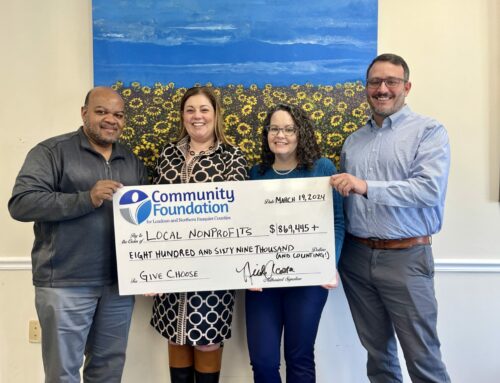Written by Katy Moore, CEO, Virginia Funder’s Network
Northern Virginia is a wonderful place to live. As we residents know, however, it’s also incredibly expensive, especially when it comes to housing. Over the past 20 years, housing costs in our region have increased more than any other metropolitan area on the East Coast according to UVA’s Weldon Cooper Center. As a result of this pricing surge, many of our region’s residents—myself included—are spending much more than the recommended 30% of our monthly income on housing.
As housing costs and demands continue to rise, many workers in our area—and across Virginia—are finding it increasingly difficult to rent or buy a home. What does it mean for our communities when our teachers, emergency responders, nurses, childcare and eldercare workers, hospitality personnel, and others who are essential to our economy and community vitality are unable to afford to live where they work?
The crisis of housing affordability and availability is sparking discussions and investments among Virginia’s philanthropic leaders. These leaders know that having adequate housing stock at a variety of affordability levels is critical to our region’s—and Virginia’s overall—health, educational outcomes, economic strength, and competitiveness. Philanthropy knows that an affordable place to call home provides us with stability, a place to rest, cook healthy meals, and to build community. Home is where our kids grow and learn. It’s a place where we can grow old. And, if we own our homes, it’s likely the number one way we will build wealth in our lifetime.
Workforce Housing Now, a community awareness campaign launched by the Community Foundation for Loudoun and Northern Fauquier Counties and funded by its donor-advised fund, the Loudoun Community Cabinet is one way philanthropy is supporting and advancing the tenant that housing is foundational. Last spring, understanding that housing is key to its rapidly growing workforce, Amazon’s Housing Equity Fund supported the production and preservation of affordable housing with a $750 million investment to secure 4,100 housing units near its Northern Virginia headquarters—many priced for low- to moderate-income workers. And, just last month, the Northern Virginia Health Foundation sat down with Fairfax County’s Chief Equity Officer Karla Bruce to learn more about how and why the county is prioritizing affordable housing in its efforts to advance equity and design systemic opportunity.
Beyond Northern Virginia, the commonwealth’s philanthropic community is also working across sectors to advance housing affordability. In Richmond, for example, the Wells Fargo Foundation recently announced a $7.5M grant to the Local Initiatives Support Organization to address systemic barriers to homeownership and its plan to create 5,000 new home ownerships for persons of color by the end of 2025. In Roanoke, the New River Valley Regional Commission, Community Foundation for the New River Valley, and others are partnering to support housing in southwest Virginia. In Southern Virginia, the Harvest Foundation and the United Way of Henry County & Martinsville are among the partners supporting Five Points Neighborhood, a new development expanding affordable home ownership opportunities in their area.
Philanthropy can’t solve ever-growing community needs on its own—but when a need touches so many social constructs, it should and does step into spaces to convene, learn with, and invest alongside business leaders, government, and caring citizens. When it comes to ensuring that everyone in Virginia—from those of us in Northern Virginia to those in far Southwest— have a safe, affordable place to live, personal and organized philanthropy has an essential and catalyzing role in every community. We do this to ensure our most vulnerable neighbors have a stable place to call home. We do this so our essential workers can afford to live in the communities in which they work. And, we do it to ensure that our commonwealth remains a wonderful, and affordable, place to call home.
Katy Moore is the chief executive officer of the Virginia Funders Network, a statewide association comprising more than 115 philanthropic institutions that collectively invest more than $350 million to support Virginia’s most pressing community needs in areas such as education, health, housing, economic vitality, and social justice. VFN’s work is focused on building a connected, collaborative philanthropic community in the Commonwealth that advances opportunities for all who call Virginia home.
Led by the Community Foundation for Loudoun and Northern Fauquier Counties, What is the Cost of Loudoun Housing is part of the Workforce Housing Now (workforcehousingnow.org) community service effort amplifying Loudoun’s voice for workforce housing as the missing ingredient to our community’s prosperity.





